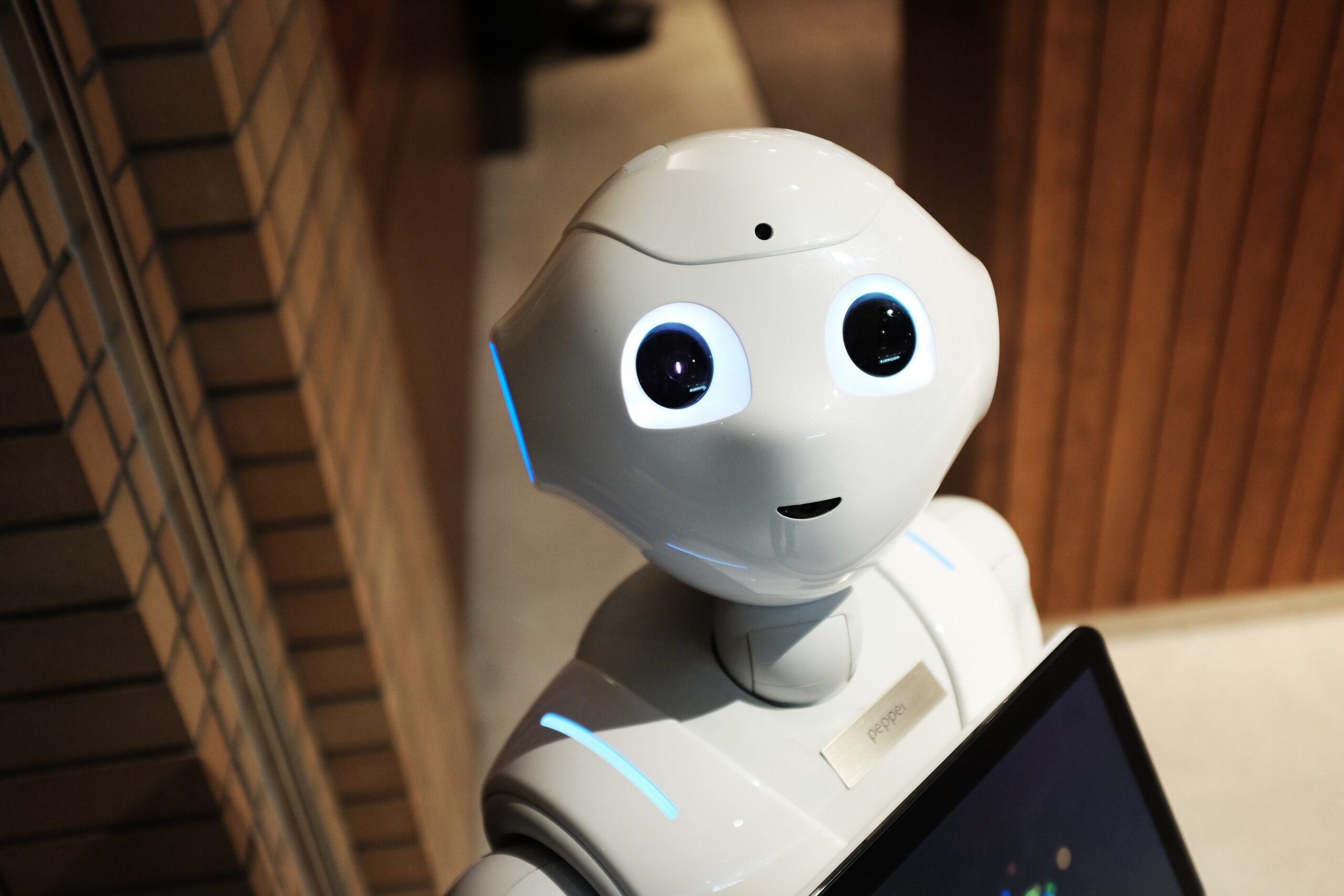Artificial Intelligence
Artificial intelligence – AI is changing the way we live, work, and communicate. It has become a critical part of modern technology and is being used to solve complex problems in various industries, such as health care, finance, and transportation. From Siri to Alexa to self-driving cars and planes, AI is making our lives easier and more convenient.
In this blog, we will explore the history of AI, its applications, and the impact it has on our daily lives.
The History of Artificial Intelligence.
The idea of AI can be traced back to ancient Greek myths and the creation of robots, such as the myth of Pygmalion, who created a statue so lifelike that it became alive. However, it wasn’t until the 1950s that AI was first explored as a scientific field. During this time computer scientists and researchers were working on creating machines that could perform tasks that were previously only possible for humans. Over the next several decades AI made significant progress and major advancements in computer vision, speech recognition, and natural language processing.

What is Artificial Intelligence
Artificial intelligence is the development of computer systems that can perform tasks that would normally require human intelligence, such as visual perception, speech recognition, decision-making, and language translation.
There are two main types of AI: Narrow or weak AI, which is designed to perform a specific task, and general or strong AI, which has the ability to perform any intellectual task a human can do.
Applications of Artificial Intelligence
AI has numerous applications in various industries including
- Healthcare: AI is being used to diagnose diseases, analyze medical images and provide personalized treatment plans
- Finance: AI is helping banks to detect fraud and reduce risk as well as providing financial advisors with personalized investment recommendations. AI robots are also being used in Crypto and Stocks as well as precious metals.
- Transportation: AI is being used to optimize traffic flow reduce, congestion, and improve safety in the transportation industry.
- Retail: AI is being used to personalize shopping experiences, make recommendations based on consumer behavior, and improve supply chain management.
- Manufacturing: AI is being used to optimize production processes, reduce waste and increase efficiency in the manufacturing industry.

Impact of Artificial Intelligence on Daily Life
AI has revolutionized the way we live, work, and communicate. We use AI every day, often without even realizing it. For example, AI is behind the personalized recommendations we receive from streaming services like Netflix, and from fraud detection systems that protect bank accounts.
AI has also had a significant impact on the job market, with automation replacing many manual jobs and creating new, higher-skilled jobs in the process.
Conclusion
Artificial Intelligence is a rapidly evolving field with the potential to transform the way we live, work, and communicate even further.
It has already had a significant impact on numerous industries and will continue to do so in the future. As AI continues to develop, it will be exciting to see what new and innovative applications it will bring and how it will change our world.
Until next time
Live life,
David


